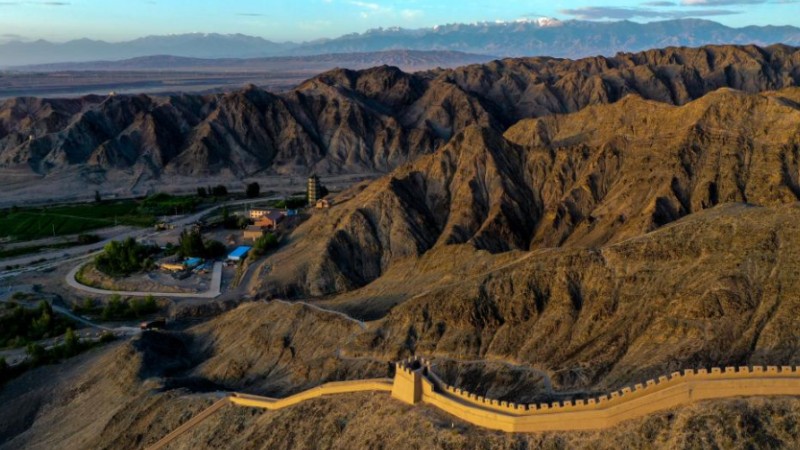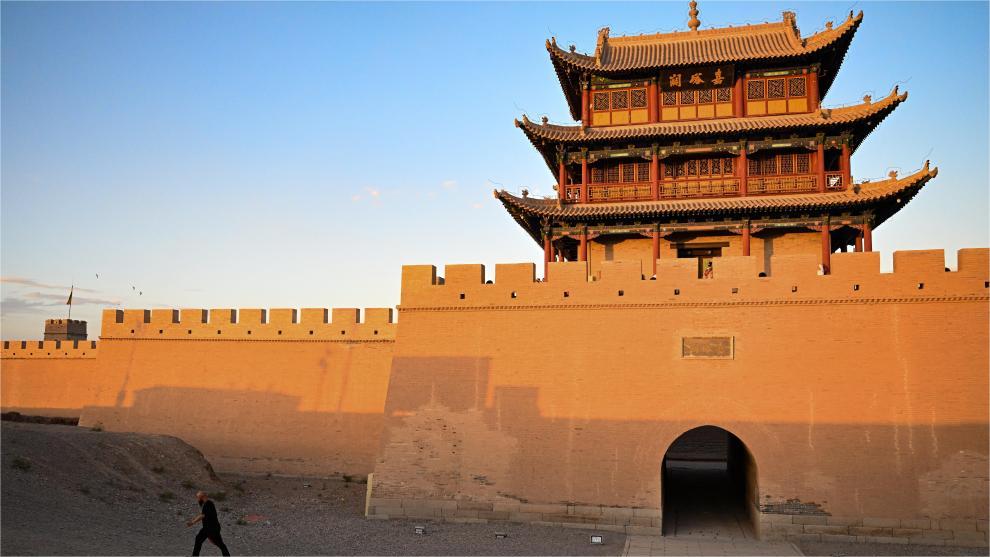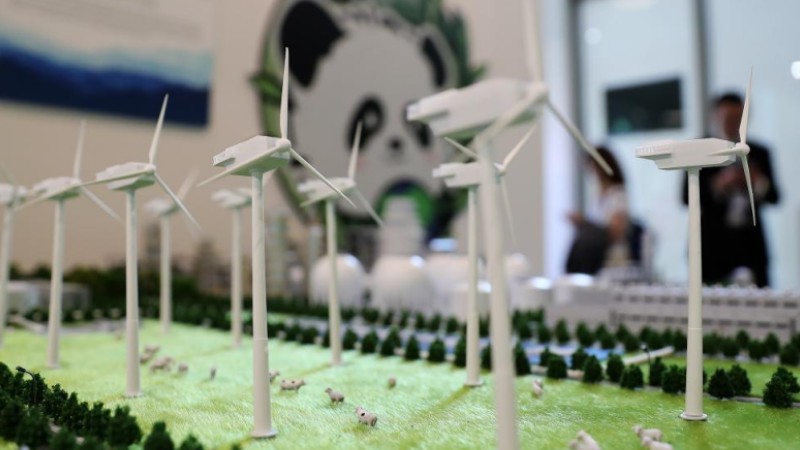Xi's visit to Vietnam to open up new prospects for relations between two parties, two countries
Xi Jinping, general secretary of the Communist Party of China (CPC) Central Committee and Chinese President, will pay a state visit to Vietnam from Dec. 12 to 13.
Xi's visit is at the invitation of General Secretary of the Communist Party of Vietnam Central Committee Nguyen Phu Trong and State President of the Socialist Republic of Vietnam Vo Van Thuong.
Six years after his last Vietnam trip, Xi's upcoming visit is bound to open up new prospects for the relations between the two parties and the two countries and make new contributions to human peace and progress.
In their respective struggles for national liberation, China and Vietnam supported each other and forged a special bond of "camaraderie and brotherhood". The two countries' traditional friendship has taken root as their peoples have lived in harmony over a long period. It was enhanced through their joint struggle for national independence and liberation, and continues to deepen as they pursue reform and renewal.
In recent years, the strategic guidance of Xi and Trong has added new dimensions to the traditional friendship between China and Vietnam and pushed for continuous new development of the comprehensive strategic cooperative partnership between the two countries.
After the 20th CPC National Congress last year, Xi invited Trong for a visit to China and the two leaders jointly charted the course for the China-Vietnam comprehensive strategic cooperative partnership. Since the beginning of this year, both countries have seen frequent high-level interactions, close exchanges between various departments and regions, and deeper cooperation in various fields, which have brought tangible benefits to the two peoples.
China and Vietnam are both advancing their own socialist modernization cause, both regard the bilateral relationship as a priority in their respective foreign policy, and both see each other's development as opportunities for their own development.
Both countries are committed to a people-centered development philosophy, and are pursuing a path to prosperity and strength in line with their own national conditions. The two countries fully leverage their strengths in geographical proximity and industrial complementarity, advance the synergy between the Belt and Road Initiative and the "Two Corridors and One Economic Circle" plan, promote cooperation in strategic areas like connectivity and deepen collaboration in emerging sectors such as e-commerce.
During Xi's upcoming visit, the two sides will discuss upgrading the China-Vietnam relations, focus on six major areas including politics, security, practical cooperation, public support, multilateral affairs and maritime issues, and work to deepen and substantiate the comprehensive strategic cooperation between the two countries. This will help both countries to jointly follow their modernization paths with respective features, enrich the paths to modernization for developing countries and bring more benefits to the two peoples.
China and Vietnam have the same social system and shared ideals and beliefs, and the bilateral relationship should be at the forefront compared to other countries.
Given the volatile international environment and tasks of reform, development and stability in the two countries, China and Vietnam should persevere in realizing their goals, ideals and missions for the people's happiness and human progress, and continue to view and develop bilateral relations from a strategic and long-term perspective. Both countries should follow the policy of long-term stability, forward-thinking, good neighborliness and comprehensive cooperation, and the spirit of being good neighbors, friends, comrades and partners, so as to ensure the steady and sustained growth of bilateral relations in the new era.
The two sides should uphold the important position of the people in friendly exchanges, and inherit and carry forward the China-Vietnam traditional friendship. Both sides should, with a future-oriented perspective, make consistent efforts to promote mutual acquaintance, understanding and affinity among young people of the two countries.
As a Chinese saying goes, neighbors wish each other well, just as loved ones do to each other. The basic policy of China's neighborhood diplomacy is to pursue friendship and partnership with its neighbors, and to build an amicable, secure and prosperous neighborhood, highlighting the principle of amity, sincerity, mutual benefit and inclusiveness.
China continues to regard the Association of Southeast Asian Nations (ASEAN) as a priority in its neighborhood diplomacy and a key region for high-quality Belt and Road cooperation, attaches importance to the position and role of Vietnam in ASEAN, and expects to work with Vietnam to accelerate the building of a peaceful, safe and secure, prosperous, beautiful and amicable home, and advance regional economic integration in East Asia.
China and Vietnam strengthen communication and cooperation in multilateral affairs, support each other on issues involving respective core interests and major concerns, jointly uphold multilateralism and international fairness and justice, and follow the basic norms governing international relations. This is of great significance for maintaining regional and world peace and stability and promoting common development.
The traditional friendship between China and Vietnam is a precious common treasure shared by the two peoples. Inheriting the past and ushering in the future, the two countries should stay true to the original aspiration of carrying forward traditional friendship, bear in mind the shared ideals and missions, continue to add new dimensions to their comprehensive strategic cooperative partnership, and inject new impetus into the development of relations between the two parties and countries as well as their socialist causes.
Photos
Related Stories
- City view of Hanoi, Vietnam
- Explainer: Close bonds underlying robust China-Vietnam cooperation
- Xi's visit to chart course for development of China-Vietnam ties, boost shared growth in Asia-Pacific
- Full text of Xi's article on Vietnamese newspaper
- Xi says China, Vietnam on promising path of building community with shared future for mankind
Copyright © 2023 People's Daily Online. All Rights Reserved.









